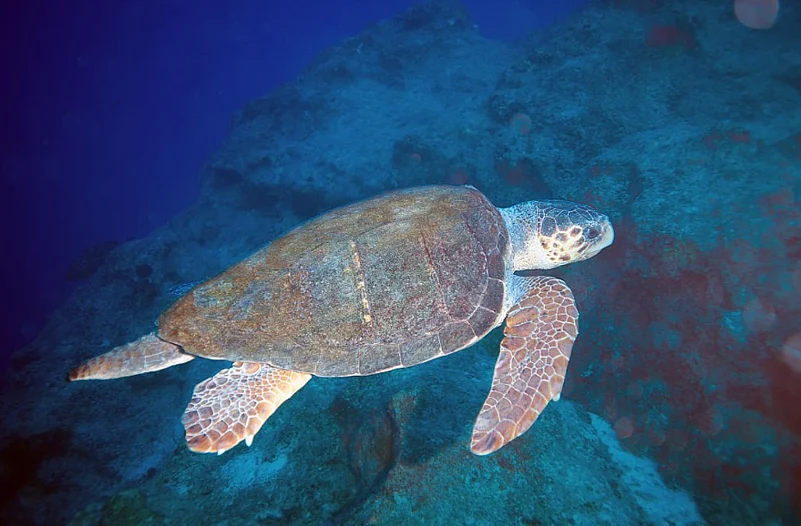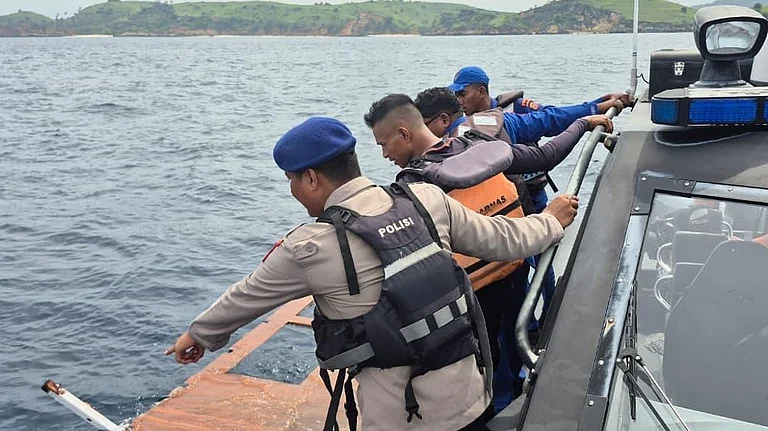Eight children and one adult lost their lives following the consumption of sea turtle meat on Pemba Island in the Zanzibar archipelago. Additionally, 78 individuals were hospitalized, as confirmed by authorities on Saturday. Despite being regarded as a delicacy by the locals, sea turtle meat consumption in Zanzibar poses a periodic risk of death from chelonitoxism, a form of food poisoning.
According to Dr. Haji Bakari, the medical officer of Mkoani District, the adult who passed away on Friday was the mother of one of the children who had previously succumbed. Dr. Bakari stated that the consumption of turtle meat occurred on Tuesday.
Bakari informed The Associated Press that laboratory tests had verified that all the victims had ingested sea turtle meat.
Officials in Zanzibar, a semi-autonomous region of Tanzania in East Africa, dispatched a disaster management team headed by Hamza Hassan Juma. Juma urged the public to refrain from consuming sea turtles.
In November 2021, seven people, including a 3-year-old child, lost their lives on Pemba Island after consuming turtle meat, while three others required hospitalization.
The specific species of sea turtle consumed in Zanzibar, which was linked to these deaths, remains unclear.
Apart from human consumption, various climatological and environmental factors have contributed to the endangered status of most sea turtle species, including the Kemp's Ridley, which is the most critically endangered sea turtle species globally.
The Kemp's Ridley species faces a new challenge due to the warming waters off the northeast coast of the United States, causing them to remain in Massachusetts later into the autumn season, contrary to their usual migration southward.
Since the 1970s, Kemp's Ridley turtles have been found stranded on Massachusetts beaches in a hypothermic state, a phenomenon referred to as cold-stunning, with dozens of turtles affected. A biologist involved in their rescue efforts informed CBS News last year that these numbers had escalated to over 700 animals annually.


























